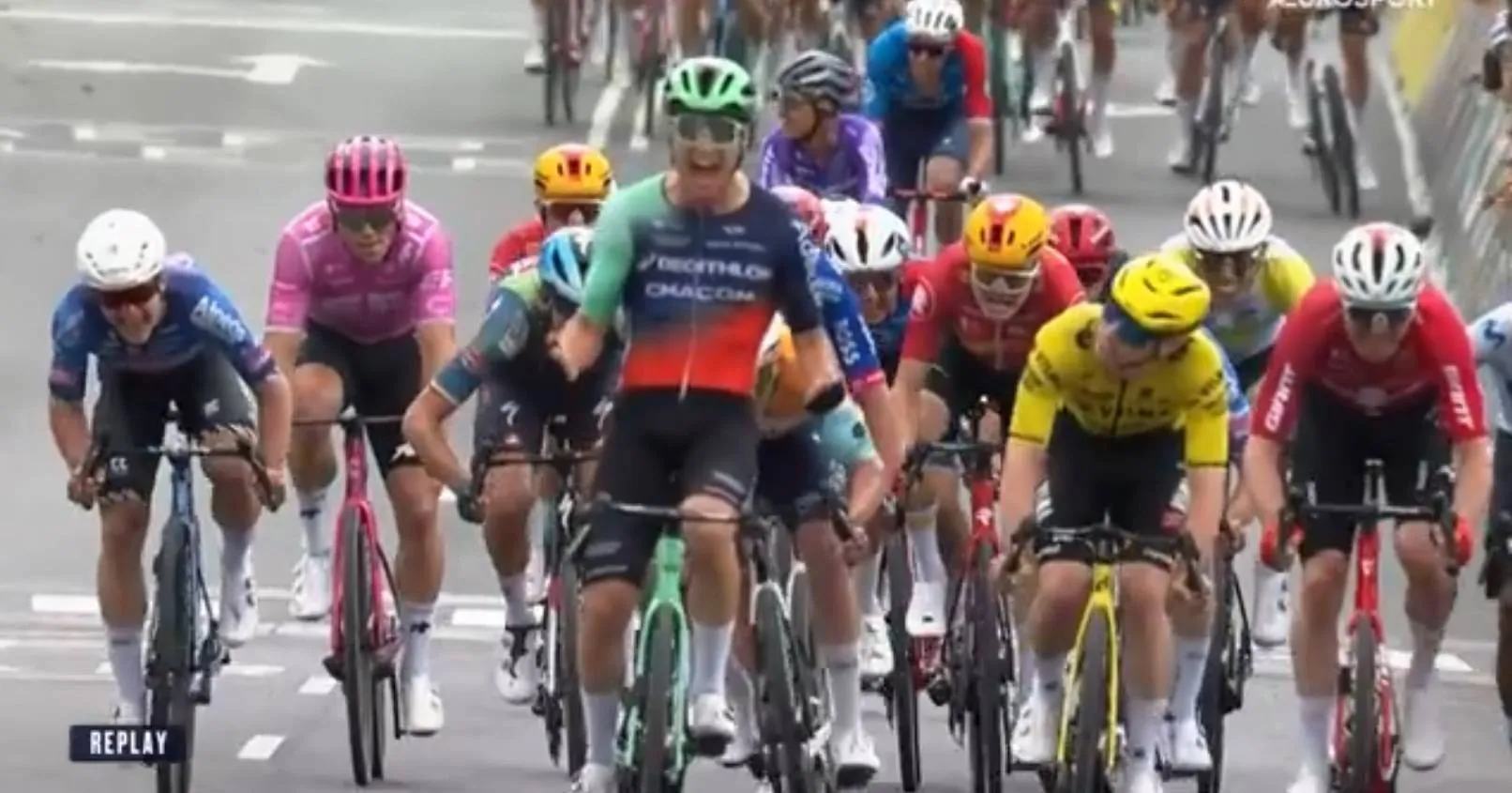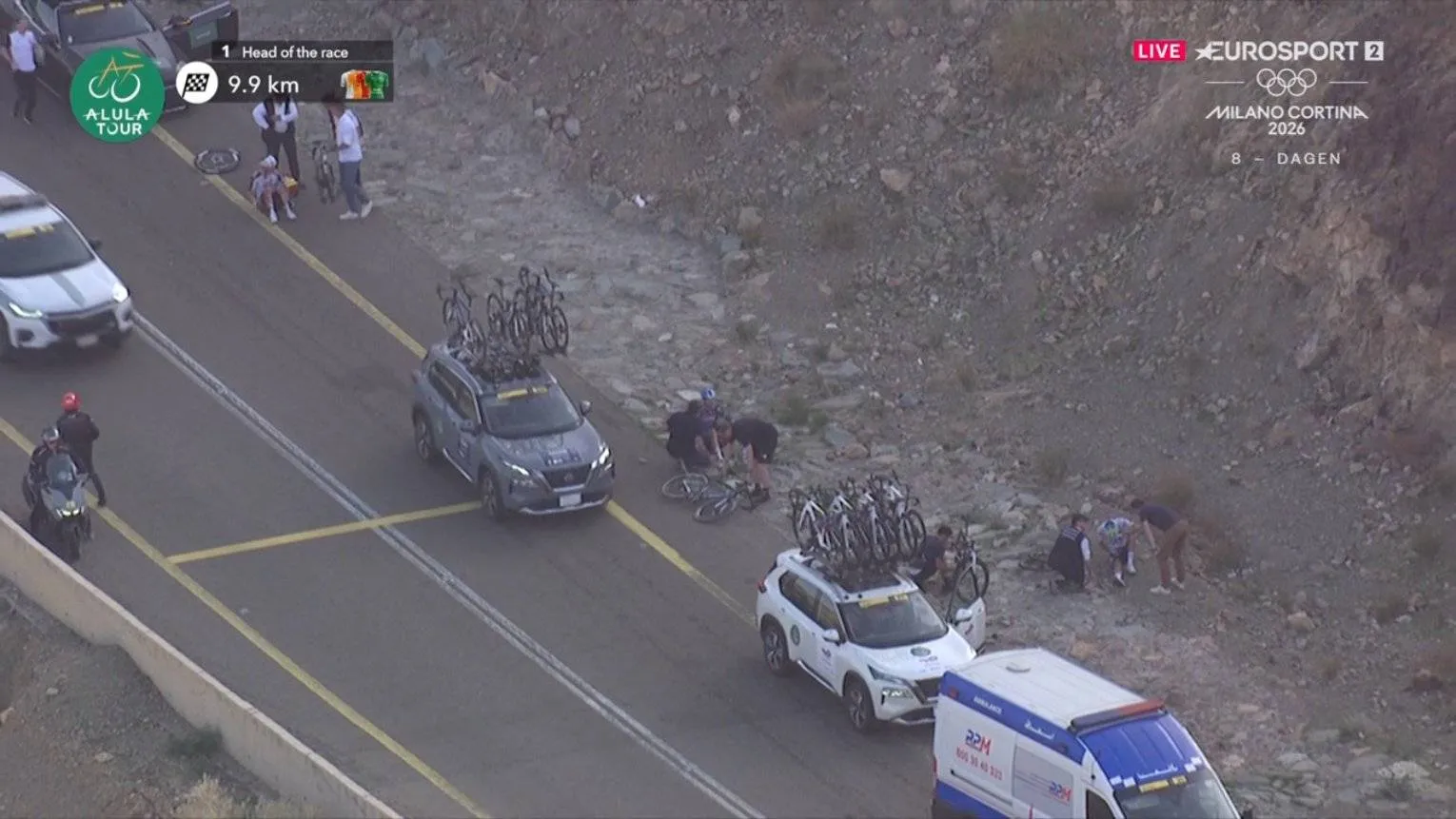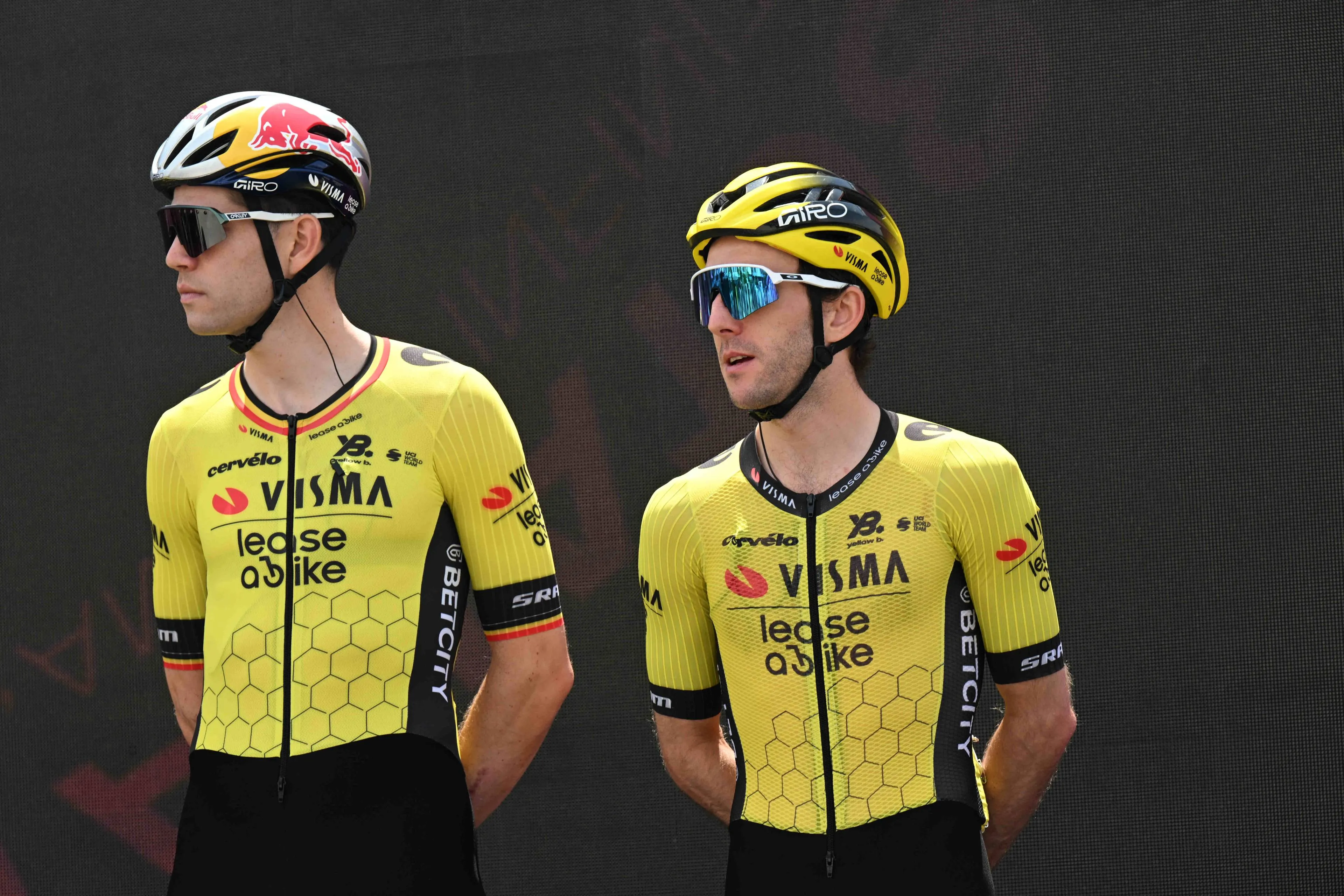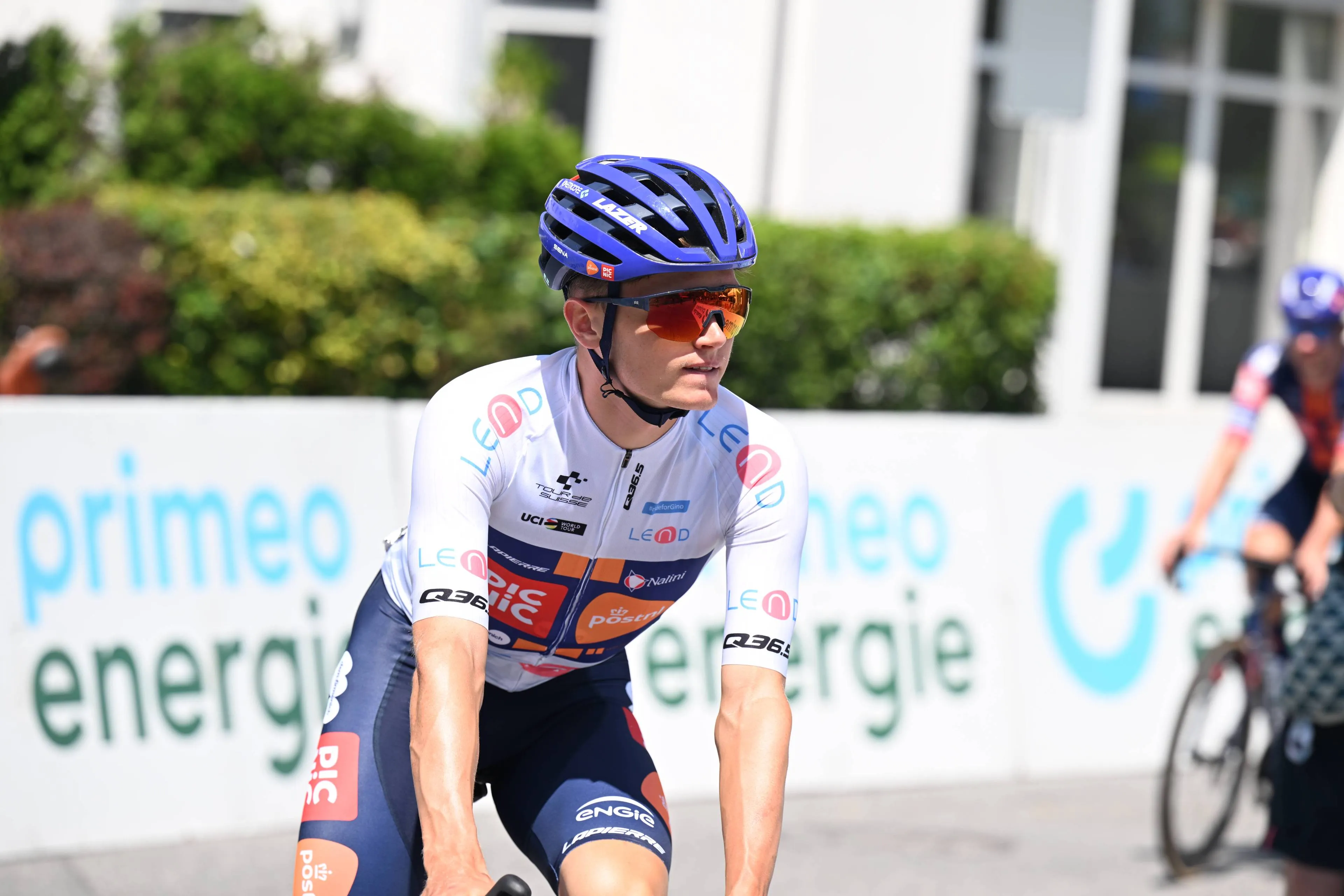José de Cauwer calls for tracking system for all riders after Muriel Furrer's passing: "It should be mandatory"
CyclingThursday, 03 October 2024 at 12:45
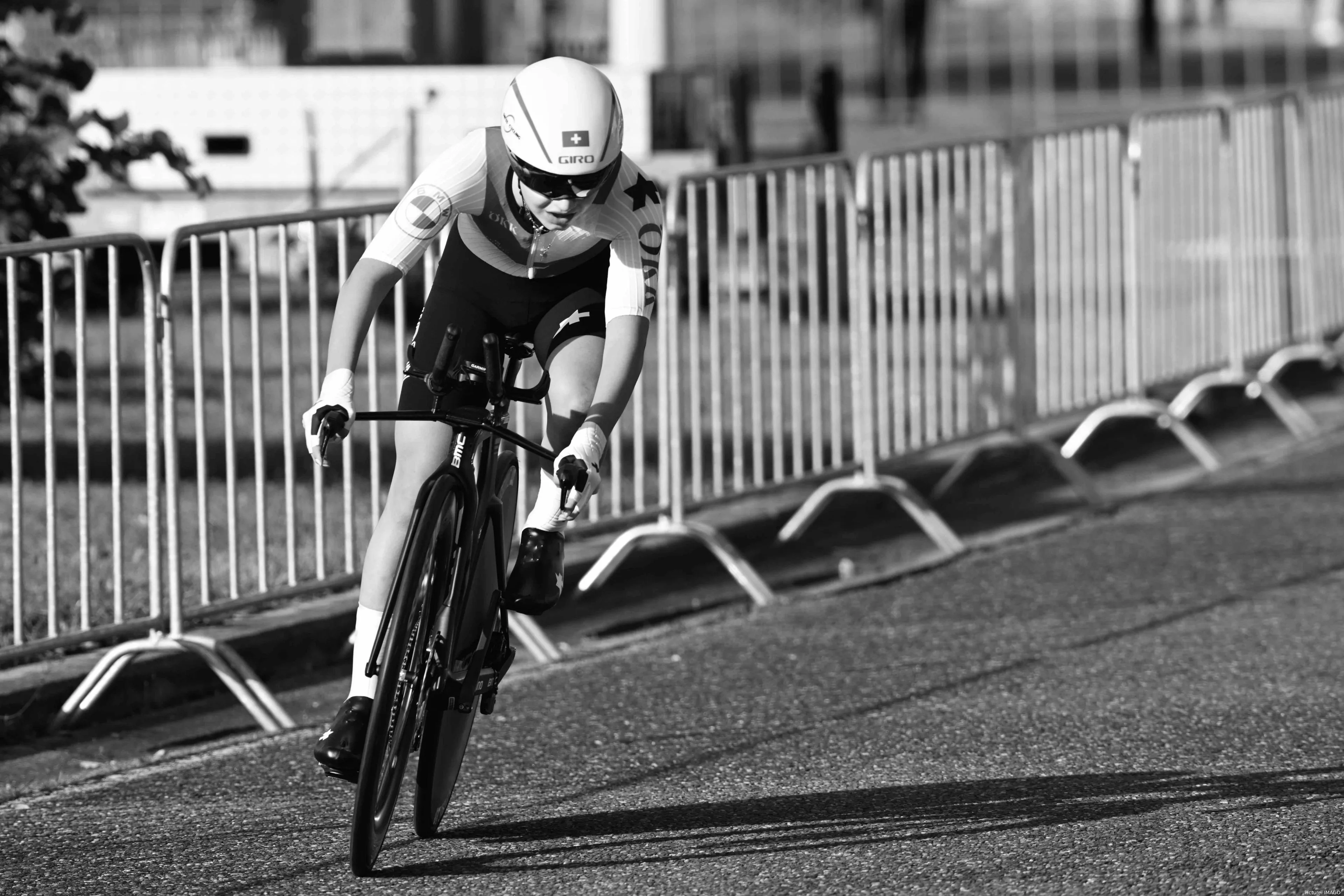
Out of all the necessary changes to pro cycling that are called for after the crash and passing of Muriel Furrer, the GPS Tracking system is the most notable. This is something currently mandatory in the elite events for both men and women; but it's absence from the junior events over the World Championships prevented the race organization from finding the Swiss rider after she crashed in a forest area away from the sight of virtually anyone.
It is reported by Blick that two riders were in the proximity of Furrer on the time of her fall during the women's junior road race event, but none saw the crash directly or knew of the consequences at the time. It took hour and a half for her to be found; after it was noted that she didn't finish the race neither passed through the finish line earlier on.
"This could have been avoided. You can now integrate a tracking system into every bicycle computer or helmet, so you are always detectable - especially in the event of a fall," Belgian pundit and commentator José De Cauwer said in words to Sporza. "Since this unfortunate incident, it should be mandatory. The systems exist, so there is no need to think about it anymore, actually."
Read also
Deaths are on a worryingly increasing trend within the sport in the past few years and despite the implementation of a few new rules and protocols, it was not enough to prevent another tragedy. But this could be done, using something that the juniors didn't have access to this weekend: GPS Tracking on the bike (possibly on a GPS device, bib number or even the rider's equipment); which would allow for the race organization to know of the riders' locations at all times.
"Furthermore, avoiding falls will never really be one hundred percent possible, especially now that speeds are increasing. But there is certainly still room for improvement and we all have to keep looking for that," De Cauwer argues. Amongst the advice that he provides also comes a less popular option which is the use of specific airbags, used in other sports already, although naturally that would be more difficult to currently implement.
"A lot of time and energy has already been invested in creating an airbag system. That already exists in equestrian sports, for example. It will cost a lot of money to perfect that technology and an even bigger challenge to find an investor for it, so that it gets to a point where everyone is prepared to ride with it," he explains. "But we are still a long way from that for the time being... You should never leave that choice to the riders, who would have to sacrifice speed. It will have to become mandatory."
Read also
claps 2visitors 1
Just in
Popular news
Latest comments
- Marion Norbert-Riberolle was an embarrassment to Belgium with her DSQonegear2901-02-2026
- Marion Norbert-Riberolle was an embarrassment to Belgium with her DSQonegear2901-02-2026
- Marion Norbert-Riberolle was an embarrassment to Belgium with her DSQonegear2901-02-2026
- Marion Norbert-Riberolle was an embarrassment to Belgium with her DSQonegear2901-02-2026
- Remco doesn’t train in Belgium that much. He’s in Spain all the timemij01-02-2026
- Some silly stuff here, how do WVA & Remco train in Belgium then? Sure he gets a game of golf in there once in a while, keeps the Lambo and the gf serviced and has screen time. He’s no monk and not the only one taking training ultra serious, just more talented.Jumpyjohn01-02-2026
- So not the video with the focusing on his speed?Jumpyjohn01-02-2026
- yes enjoyed Alvarado commentsDavide01-02-2026
- great call re Roubaix... wouldnt that be a great race!Davide01-02-2026
- chappo Lucinda....fantastic effort and deserved winner...on top of a great season....I expect her to ride another big season and proudly show off the jerseyDavide01-02-2026
Loading
🇨🇭Swiss authorities confirm crash site of Muriel Furrer. "The rider fell near Küsnacht, during a descent from the hamlet of Schmalzgrueb in a gentle left bend." Blick media believes the crash occurred at 11:03 and that Furrer was found after the race ended (12:33) 📸 UCI
3 Comments




